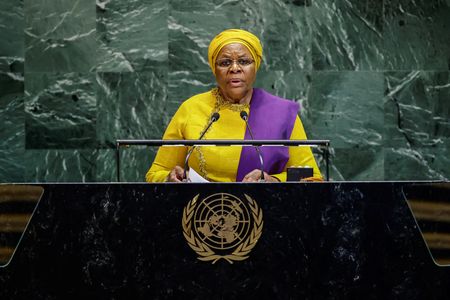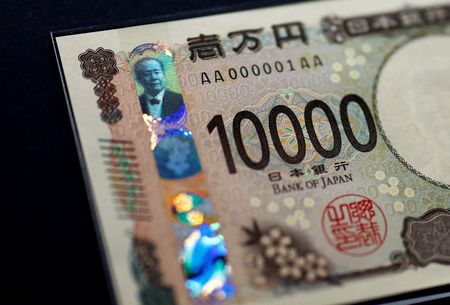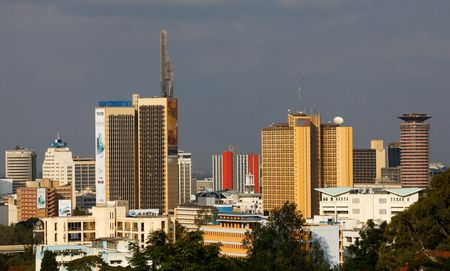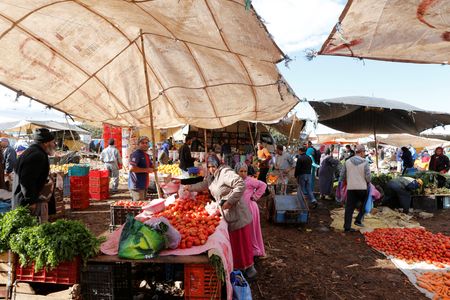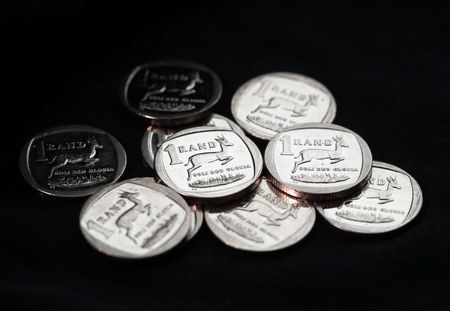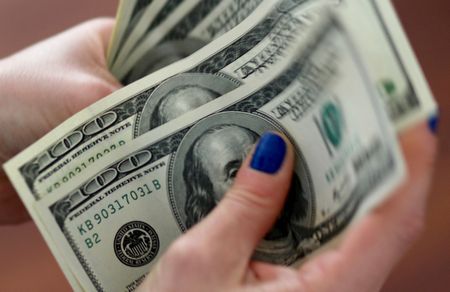JUBA (Reuters) – South Sudan’s government expects to spend almost five times more in 2022/23 than it did the previous year, its finance minister said on Wednesday.
South Sudan’s economy is still affected by the impact of past years of conflict as well the COVID-19 pandemic and the war in Ukraine.
Finance Minister Agak Achuil Lual said overall spending would rise to 1.3 trillion South Sudan pounds ($1.99 billion), up from 287 billion pounds in 2021/22 (July-June).
He said the 2022/23 budget would have a 560 billion pound deficit, which would be covered through borrowing and other sources.
Lual said the economy was forecast to grow 2.1% in 2022/23 after an estimated contraction of 2.8%.
The IMF forecasts the economy will shrink by 0.3% in 2022/23 compared with a contraction of 2.8% in 2021/22.
South Sudan declared independence from Sudan in 2011 amid celebrations and promises of support from world powers.
Two years later, fighting broke out between troops loyal to President Salva Kiir and his ex-deputy-turned-rival Riek Machar.
A peace agreement signed in September 2019, the latest in a series reached since the conflict began in late 2013, is largely holding.
Despite a relative decrease in violence in the country, around two-thirds of South Sudan’s population, or 9 million people, are thought to be in need of humanitarian assistance, according to the World Bank.
The increased spending aims to address problems such as poor roads and infrastructure, inter-communal conflict and insecurity.
He said South Sudan’s crude oil production was projected at 150,000 barrels per day in 2022/23 from 156,000 barrels per day a year earlier due to some oil wells being adversely affected by flooding.
Lual said the gross domestic revenue for 2022/23 was estimated at 832.8 billion pounds, of which 715.7 billion would be from oil sales.
The International Monetary Fund says 90% of South Sudan’s government revenues is from oil exports, which leaves it exposed to fluctuations in its prices.
In May, the finance minister said oil-backed loans that will not be paid until 2027, leading to most oil revenues going to paying them off and little else going to other government priorities like paying civil servants.
(651.37 South Sudan pounds = $1)
(Writing by George Obulutsa; Editing by Angus MacSwan)


